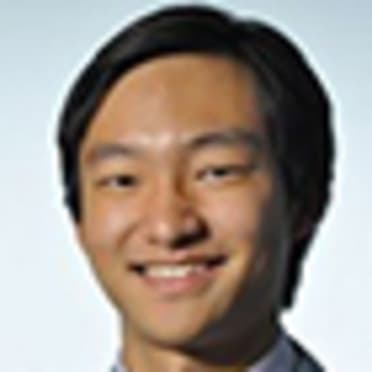Despite slow offseason start, Twins hope to be active in trade market
NASHVILLE, Tenn. -- Will Jorge Polanco remain a Twin? Will Max Kepler remain a Twin? It doesn’t look like there will be much clarity any time soon.
As has been the case for the last several offseasons, the Twins do expect to be more active in the trade market, especially given the uncertainty around their revenues due to the expiration of their television contract. That’s likely where they’ll seek pitching depth to build out a starting rotation looking to replace the production of Sonny Gray and Kenta Maeda.
“It’s probably the market we’ve always been pretty active in, but maybe sometimes it’s less prominent in that sense,” president of baseball operations Derek Falvey said. “Obviously, we made some significant trades last year. I think it’s always going to be a factor for us. Ultimately a little different than maybe some of the free agents this year, for sure.”
It looks like they could be waiting a while, though -- and perhaps even into the new year, Falvey said. The Twins have position players to offer as their areas of relative excess, and while there is interest in those players, Falvey indicated that suitors are still waiting for additional clarity from the market before more firmly committing to discussions.
Shohei Ohtani, of course, is the main factor clogging the market, while the movement of other big names like Matt Chapman and Cody Bellinger could also begin to give teams more certainty on the position player side, with the free agent market largely having been pitching-oriented to this point.
“You’re constantly waiting, to some degree,” Falvey said. “It just feels like, unless I missed something in the last hour, there hasn’t been much on the position-player front again today. … Even though the meetings are happening, it doesn’t feel like it’s that much different than a week ago, ultimately.”
But when the market starts to flow, the Twins have the potential to make plenty of noise.
This is a very shallow market for middle infielders (Elvis Andrus and Whit Merrifield headline the second-base crop in free agency), and Polanco -- despite the injury issues of the last two seasons -- is a productive, cost-controlled switch-hitter with two affordable seasons of club control, including his ‘25 club option.
Manager Rocco Baldelli was blunt in saying he didn’t want to lose Polanco, but the Twins do have ample second-base depth behind him in Edouard Julien, Kyle Farmer, Austin Martin and, eventually, switch-hitting No. 2 prospect Brooks Lee.
“He’s been one of the most important players that we've had in my tenure with the Twins,” Baldelli said of Polanco. “I've said it before, but middle infielders who switch-hit and are always productive when they're on the field, who you can hit really almost anywhere at the top of the lineup, there’s very few of those guys anywhere in the world that can do what he does.”
Additional pitching depth would arguably be more important to the Twins, with Louie Varland currently slotted into the No. 5 rotation slot and likely Brent Headrick or Simeon Woods Richardson as the depth behind him until No. 9 prospect David Festa is ready to graduate to the Majors. And that’s not to mention the likely workload restrictions for Chris Paddack in his first full season back from Tommy John surgery and the injury-prone history of Bailey Ober.
There should also be opportunity with Kepler, who will become a free agent after the 2024 season but is also coming off his best season since his breakout ‘19 (hitting .260 with an .816 OPS) and is relatively affordable at $10 million for a left-handed power bat with strong underlying metrics and elite right-field defense.
That could certainly be an appealing player profile to many teams -- with MLB Network insider Jon Paul Morosi indicating that the Mariners could be a fit for Kepler. The Twins also have corner outfield depth in Matt Wallner, Trevor Larnach and perhaps Alex Kirilloff, though the latter is expected to focus more on first base.
There are several different ways this offseason could go as the Twins seek to improve their roster -- but the pace at which that happens isn’t necessarily in their control.
“We’re always trying to be opportunistic, think of where a trade matches, where there might be opportunities to invest in a way that will help us get better,” Falvey said. “We’ve always kind of been a team that waits out some of the market, in some spaces, and waits to see how things shake out to some degree.”
